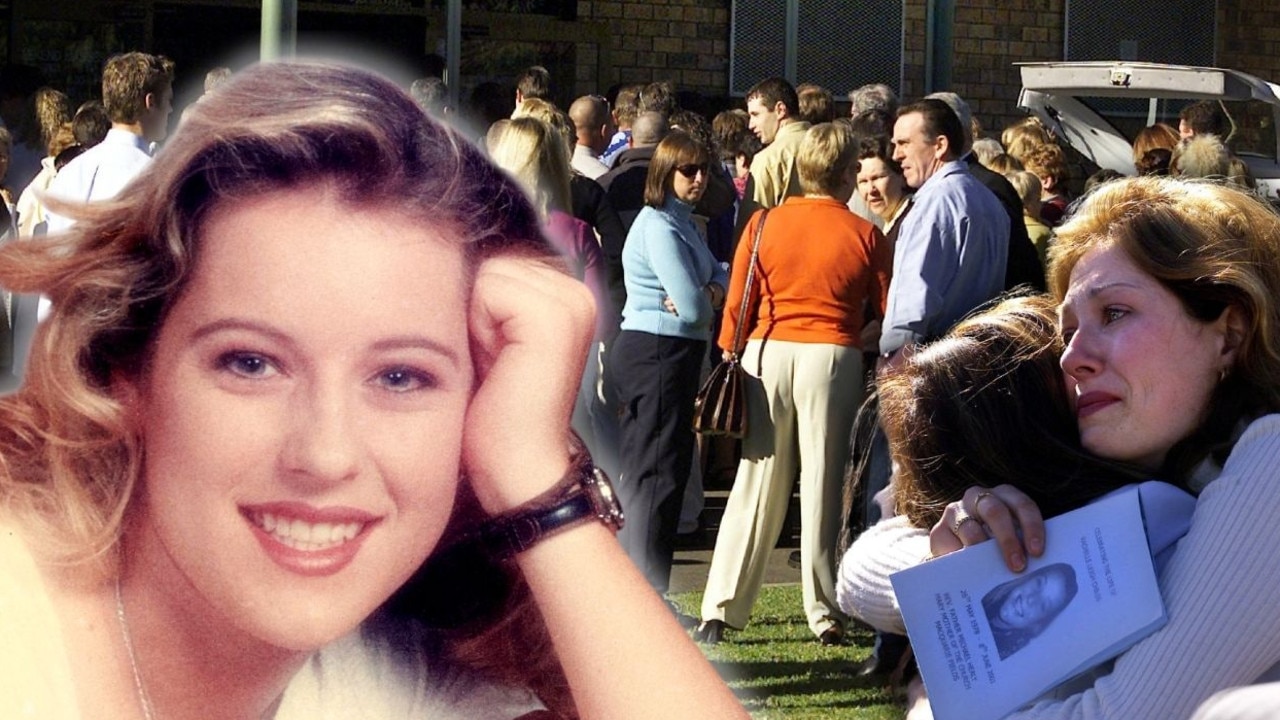How domestic violence perpetrators are using Australian courts to delay deportation
New data has revealed how foreign-born men with criminal records that include DV are using legal loopholes in Australia to block deportation attempts.
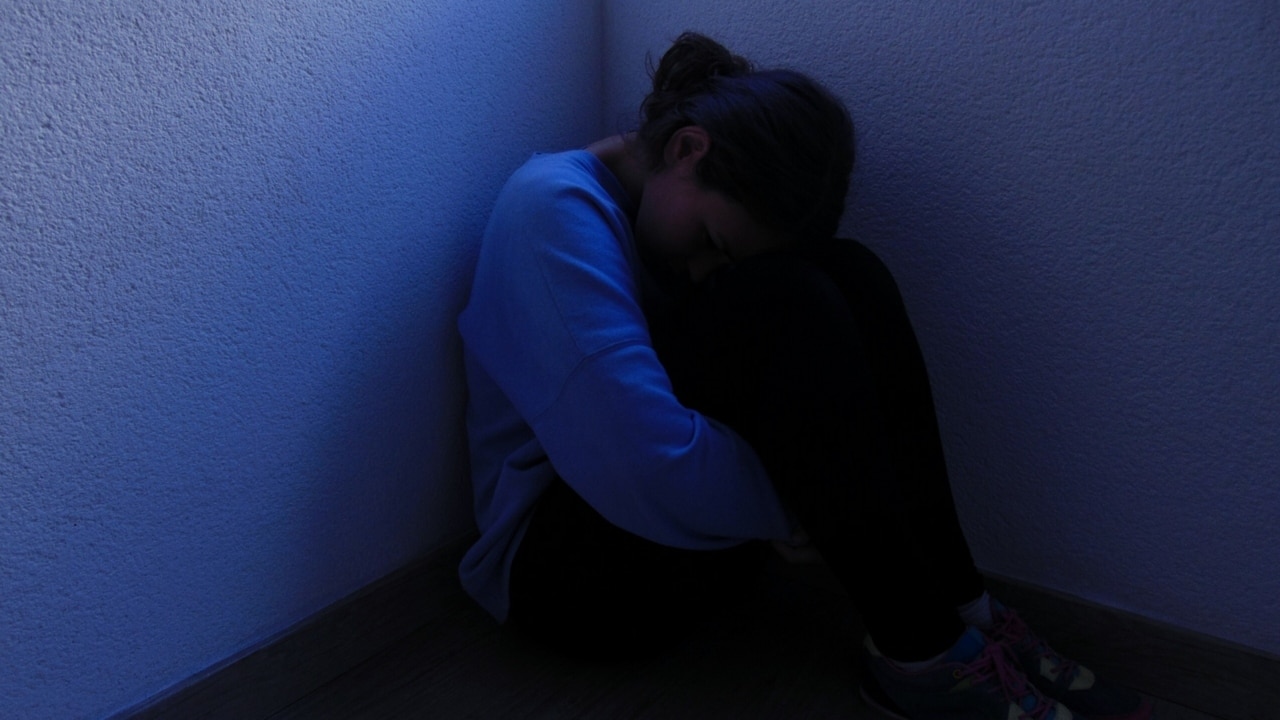
True Crime
Don't miss out on the headlines from True Crime. Followed categories will be added to My News.
Foreign-born men with lengthy criminal histories involving domestic violence are successfully using the courts to delay or cancel orders to be deported from Australia, sometimes for up to decades.
New immigration data shows family/domestic violence is the fourth most prevalent crime recorded for those whose visas are cancelled, after drugs, assault and child sex offences.
But while they are convicted of their crimes in the lower courts and largely jailed, they use legal technicalities over their crimes in the higher courts to block attempts to be deported.
In one disturbing case before the Federal Court this week, a man from Nigeria aged in his mid 30s has been fighting for the right to stay in Australia for 10 years despite admitting to kicking his partner in the mouth and knocking out teeth.
His case file included “extensive material” related to family violence and he was jailed for offences until 2012 when he was told his visa would be cancelled. He challenged his visa revocation on numerous grounds including the immigration tribunal confusing the facts around his violence to multiple female partners he was with at multiple overlapping times, during trips to Queensland, South Australia, Perth and Victoria.
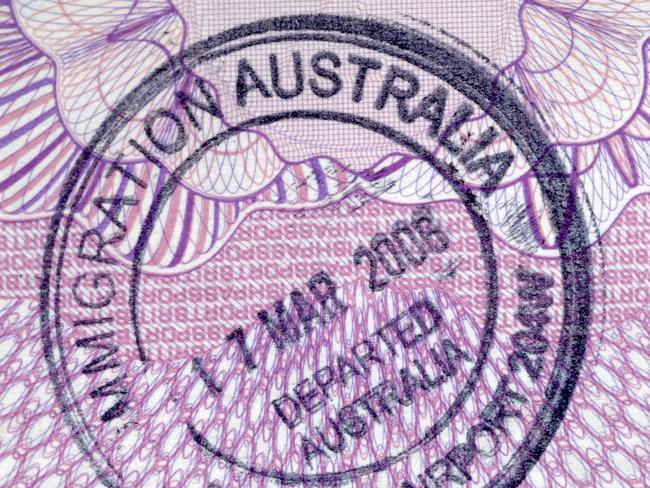
In another case, another African man in his 20s who entered NSW on a student visa 10 years ago, was granted a partner visa but went on to be convicted of assault and contravening an apprehended domestic violence order.
The man had assaulted three previous partners and was jailed and when on parole last year had his visa cancelled only to take the matter to court and succeeding in staying in the country.
While he conceded having a serious criminal history and was deemed to have failed the character test – as a risk “ to “harass, molest, intimidate or stalk another person in Australia’ – he said he had made “efforts” to be rehabilitated through seeing a psychologist and had not bashed anybody in two years.
The Federal Court last week granted him the right to stay pending the case being sent back to the Administrative Appeals Tribunal (AAT) to be heard anew.
Legal sources said visa cancellation cases were mostly challenged on the basis of technicalities with expert immigration lawyers looking at how convictions in the lower courts are reflected by the AAT.
“They realise they’ve got criminal records but just don’t want to return to their home countries so look for holes in their (AAT) determinations,” they said.
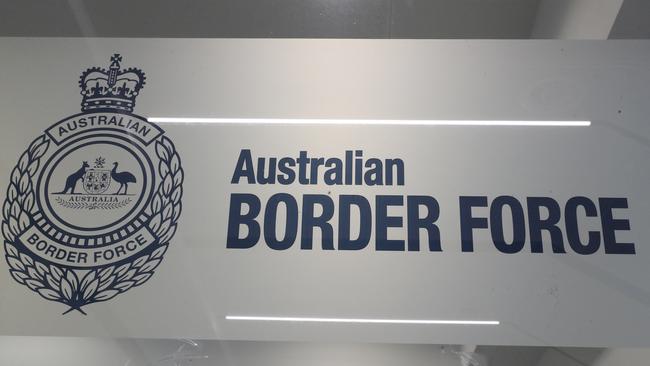
In another case earlier this month, a man from the Philippines who came to Australia on a sports visa 15 years ago was set to have his visa cancelled in 2020 as he was convicted of attempted rape and sentenced to eight years jail.
But the Federal Court heard he was illiterate and had intellectual impairment and claimed he was denied procedural fairness over his being advised on his visa to be cancelled. His latest visa application was dismissed but two years on his wife, who is sticking by him, is fighting to keep him in Australia.
Another case involved a South Sudanese man who has successfully fought deportation despite being deemed “a danger to the community” and another a man from the Solomon Islands who had been handed a domestic violence order for assaulting his partner and exposing his children to domestic violence. In 2019 he contravened that order, was charged with assaulting his partner again in 2020, had his visa cancelled in 2021 but a visa review is still pending after numerous judicial challenges.
Opposition immigration spokesman Dan Tehan said more needed to be done.
“Non-citizens who fail the character test have forfeited their right to remain in Australia and the government should be doing everything in its power to ensure these people are deported as soon as possible,” he said.
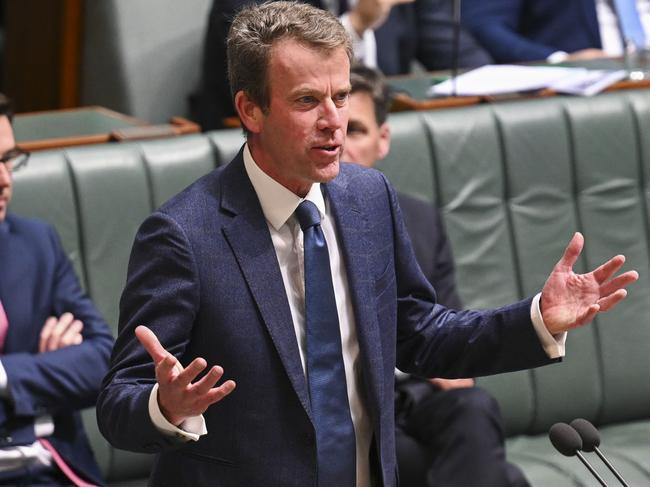
Between January and December 2023, 572 people had their visas cancelled for all crimes but it is not known how many were removed or still fighting to remain. On average, five people a month are actually “removed” from Australia with domestic/family violence featuring on their criminal records.
A Home Affairs spokesman said the government had a zero tolerance on domestic violence which was a “primary consideration” on visa cancelling decisions.
“The Government has serious concerns about conferring on non-citizens who engage in family violence, the privilege of entering or remaining in Australia,” he said.
“The Government’s concerns in this regard are proportionate to the seriousness of the family violence engaged in by the non-citizen and are reflected in Ministerial Direction 99.”
That direction is balanced to the protection and expectations of the Australian community.
“Additionally, when considering visa cancellation or refusal in cases involving family violence by a non-citizen, decision makers must balance a number of factors including the nature and seriousness of the conduct, frequency of the conduct, the cumulative effect of repeated acts of family violence, any rehabilitation since the offending, whether the person has re-offended since being made aware that engaging in family violence could impact their visa status, and the impact of the decision on victims and their families.”
Federal Immigration Minister Andrew Giles was contacted for comment.
Originally published as How domestic violence perpetrators are using Australian courts to delay deportation




